The US government has authorised Microsoft to export the latest Nvidia artificial intelligence chips to the United Arab Emirates for the first time, marking a significant step in the company’s plans to expand its AI infrastructure in the Gulf. The decision underscores the Middle East’s growing role in Washington’s strategic rivalry with Beijing over AI dominance.
In May, US President Donald Trump reached an agreement with UAE President Sheikh Mohamed bin Zayed al-Nahyan to build a large-scale AI data centre campus in Abu Dhabi, with Microsoft-backed G42 as a key partner. Progress on the project had been delayed by the Department of Commerce’s export restrictions on advanced Nvidia chips essential for developing cutting-edge AI systems.
Brad Smith, Microsoft’s president, told the Financial Times that the company became “the first to receive a licence under the Trump administration” to export Nvidia’s AI chips to the UAE in September. He said the licence was granted only after meeting “stringent cyber security, physical security and other security requirements” set by the US government.
Microsoft expands UAE investment and AI footprint
Following the approval, Microsoft plans to raise its investment in the UAE from $7.3bn over the past three years to more than $7.9bn between 2026 and 2029. Around $5.5bn of this will fund AI and cloud infrastructure development. The company has not disclosed where the newly approved Nvidia chips will be deployed but noted that such exports require prior clearance from the Commerce Department.
Last year, Microsoft invested $1.5bn in G42, the Emirati AI firm leading the Abu Dhabi project. The partnership is viewed as crucial to strengthening US-UAE ties and countering China’s growing technological influence in the region.
The UAE has placed AI at the core of its economic diversification and governance strategies, emerging as one of the world’s leading adopters of the technology. According to Microsoft, the region will also serve as a key hub for spreading AI across the “global south”, extending from the Middle East and southern Europe to Africa and East Asia.
Smith warned that uneven access to AI could exacerbate global economic inequality. He emphasised that while much attention centres on the race between the US and China to develop advanced AI models, the diffusion of AI technology worldwide may prove even more consequential.
Impact Shorts
More ShortsThe new export permits will allow Microsoft to quadruple its AI computing capacity in the UAE. Smith added that the company expects to apply for additional licences within six to twelve months, expressing confidence in meeting the US government’s stringent conditions once again.


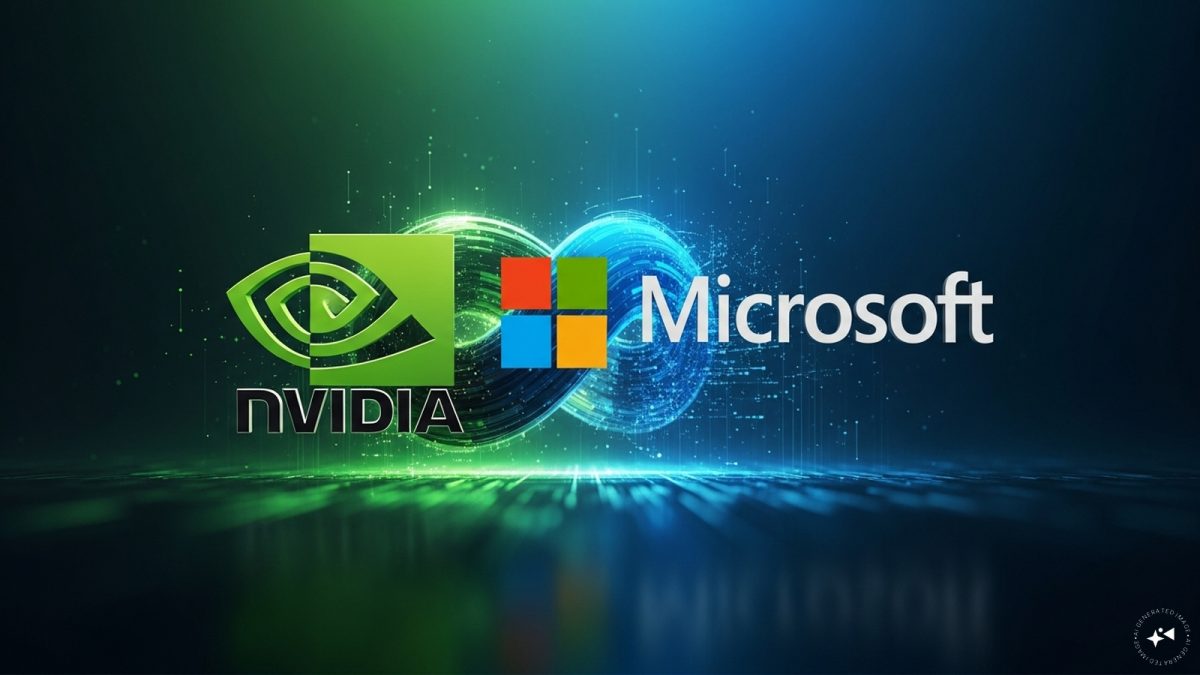)
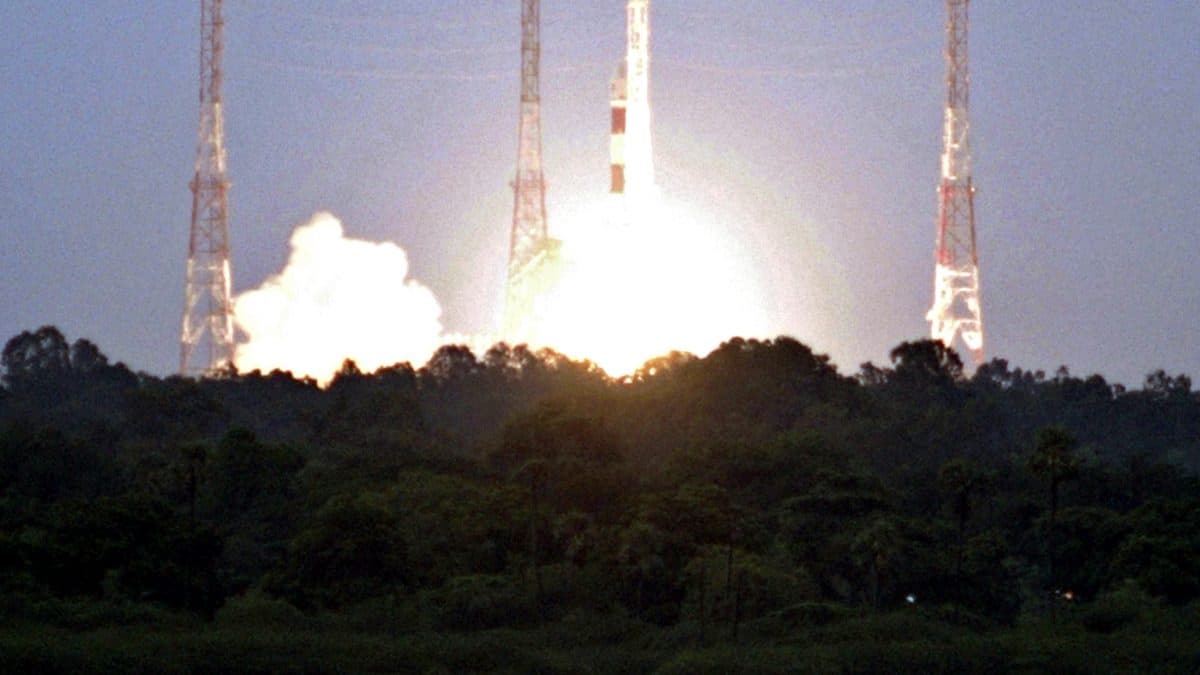
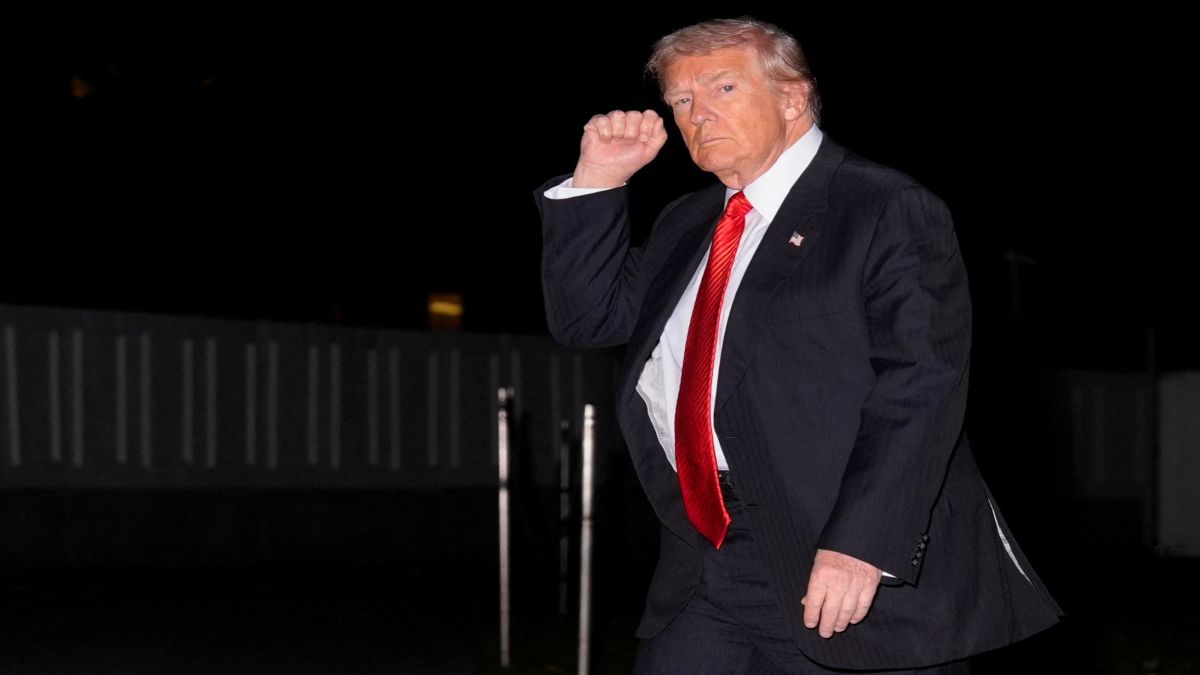)
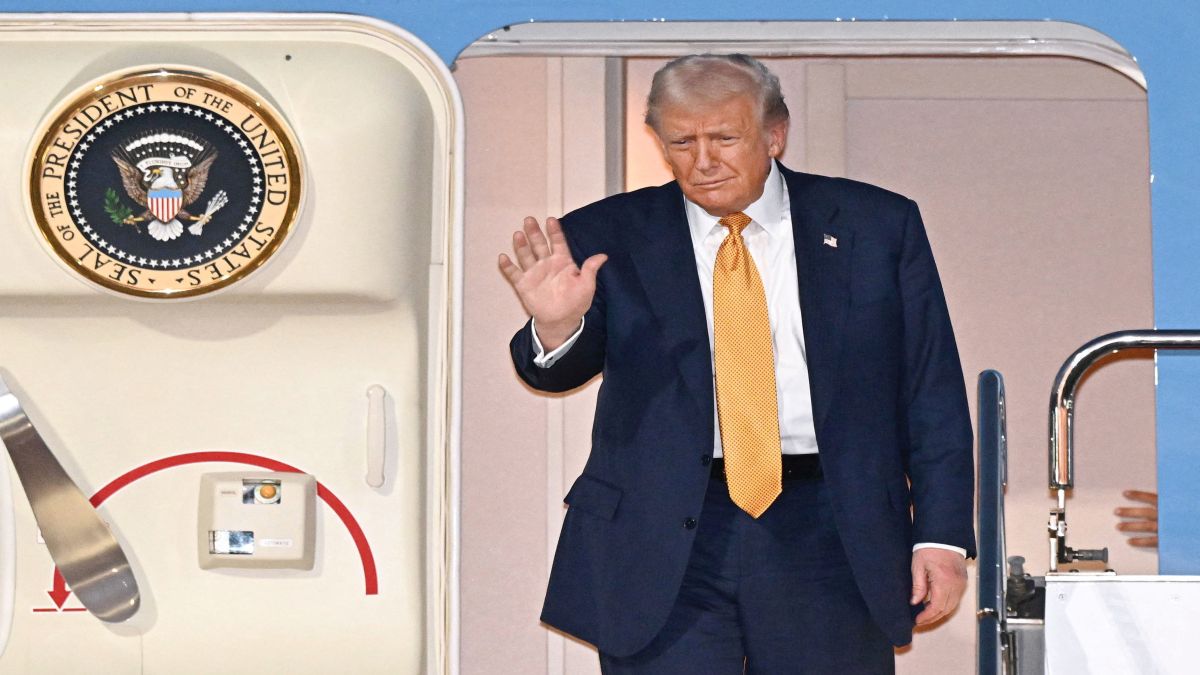)
)
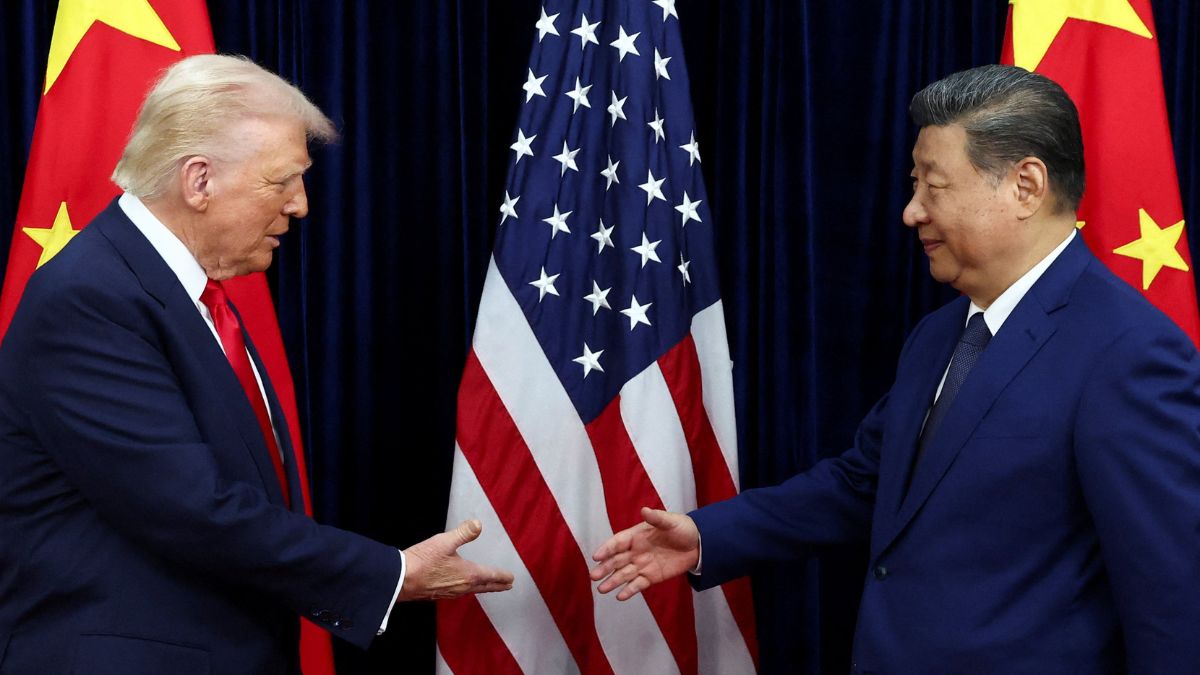)
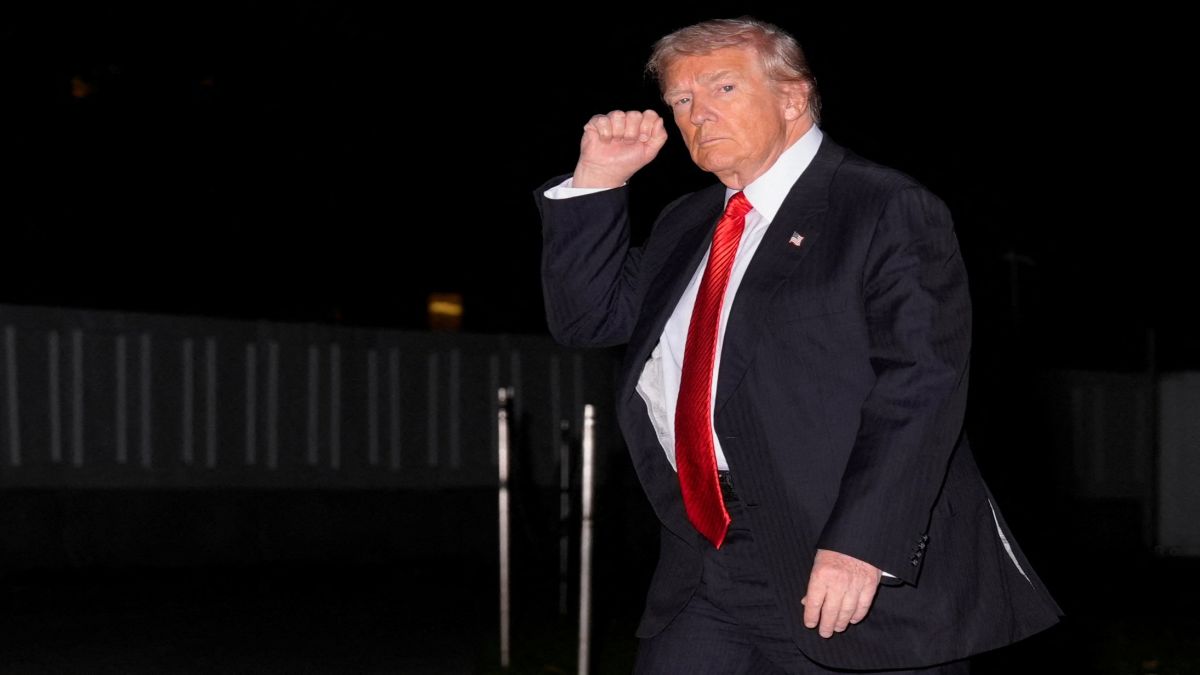)
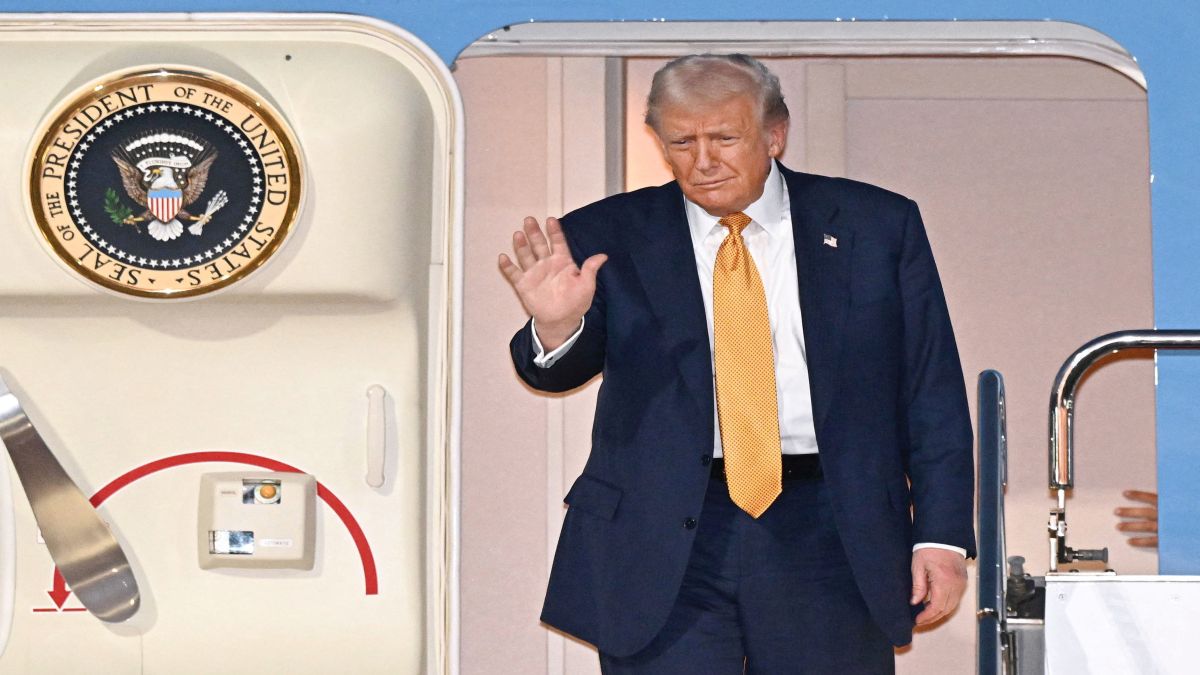)
)
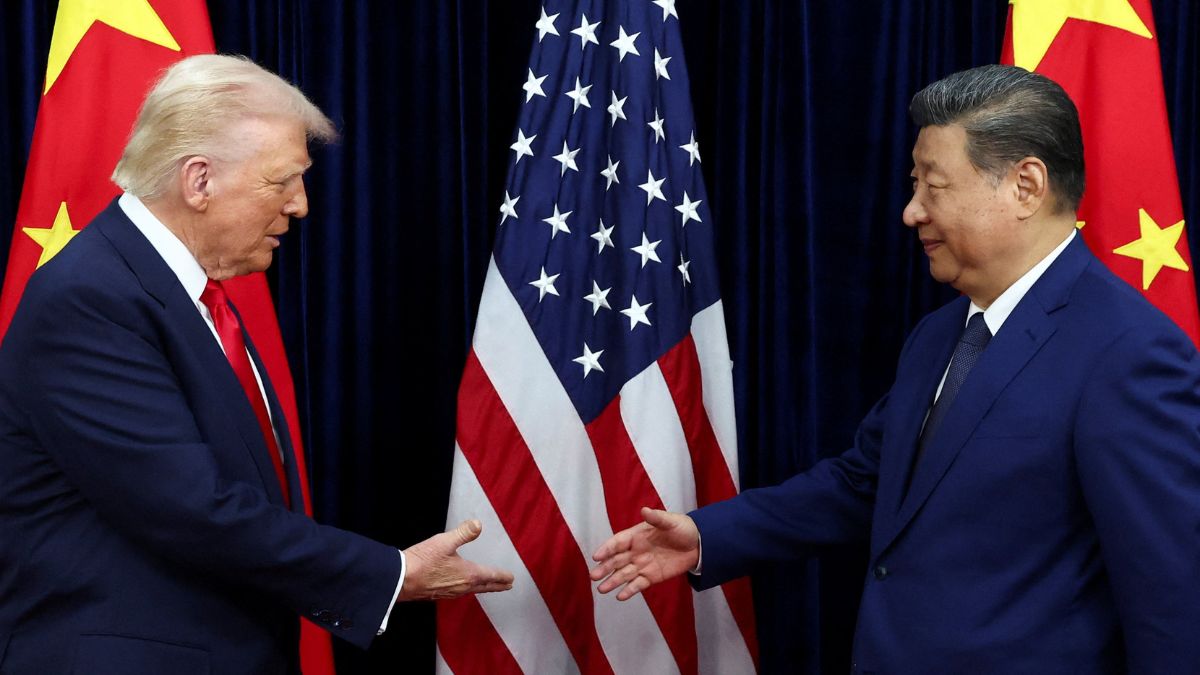)



